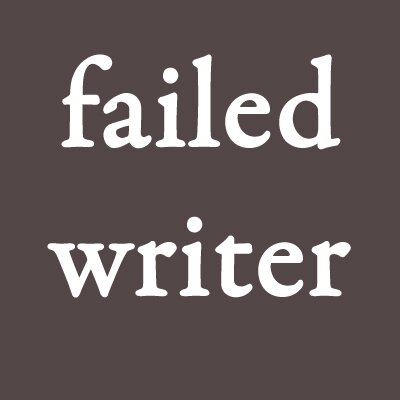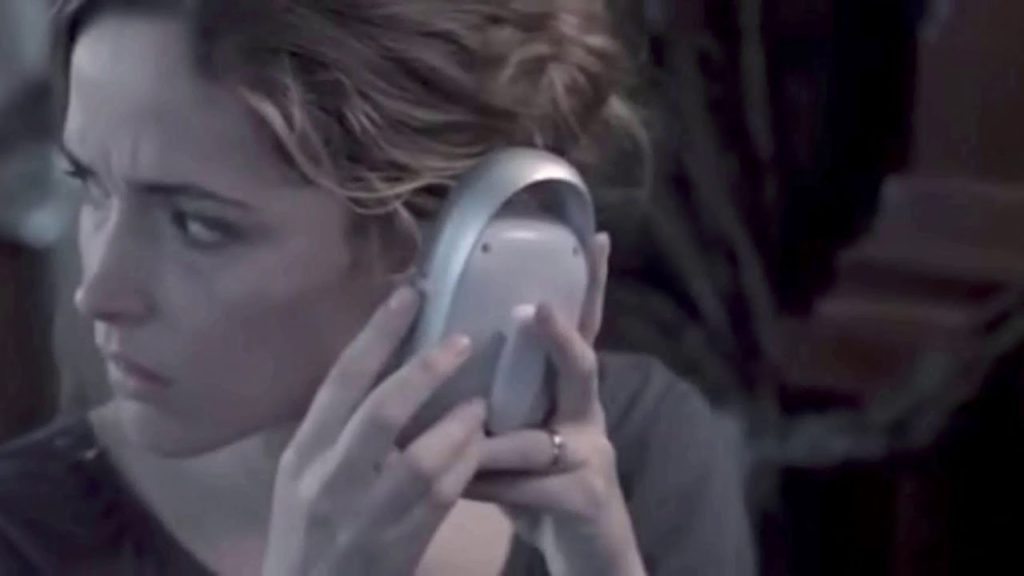The Words (2012)
When I watched this (way back on January 2nd), I paused it midway through to tweet out "This movie radiates evil. There are (admittedly, French) films about incest that are at least beautiful and more beguiling." It's awful. I guess I hate movies about writers anyway, especially straight white male writers. If all people know about them is from watching movies, it's not surprising that they hate them. It's very negative all around. There's a young guy with neither talent nor any other point of entry into the field, as a published professional, anyway, who is wasting his life in his delusions, until he finds an old manuscript in a briefcase in an antique store that happens to be a masterpiece, which he published as his own, winning hollow accolades. The character who actually wrote the masterpiece but left his briefcase on a train in Paris and lost it turned out to be still alive, bitter and unfulfilled. Though too old I guess to covet the literary glory that should have been his in the prime of life, he least emerges to privately torment the fraudulent author. These two gentlemen were actually themselves the fictional creations of the type of obnoxious successful writer who appeals to Hollywood screenwriters, and who has a luxurious (and oddly under-furnished) apartment in New York City with a plate glass window view of the skyline, holds such a dominant position over critics and readers that he can sneer at and insult them with impunity, and routinely has beautiful and ambitious younger women coming onto him. This movie manages to make even this guy's life seem kind of gross and unappealing. The theme of the grasping mediocrity finding success by appropriating to himself other peoples' obviously superior work is echoed in the movie Yesterday, which is about a struggling musician who after some kind of cosmic event finds himself apparently the only person in the world who can remember the Beatles. Evidently this imposter syndrome is especially rampant in our current environment. Also notable to me about this film is the seeming absence of any kind of organic literary culture or society even for the writers who have some talent. All of these people are working as it were on their own islands and don't appear to know anyone else even the slightest bit like themselves, let alone at a comparable level of development or status or age or in their artistic sympathies or anything. It is so uninspiring and depressing.
Bonjour Tristesse (1958)
Film version of the popular-in-its-time novel which I read last summer. Directed by the prolific but usually disappointing Otto Preminger and starring David Niven, Jean Seberg, and Deborah Kerr, who was seemingly in everything in the late 50s. I would rather this had been a French movie--it isn't as if that country was hampered by a deficiency of moviemaking talent at the time. I didn't do a ton of research on it beforehand (obviously) and I had the idea that it was in French, with a French cast and so on, so I was surprised and disappointed when this turned out not to be the case. It looks at least like it was filmed in part in the Riviera, though I am not 100% sure of that either. It is passable, and some of the locales and clothes and colors and those sorts of things are pleasant enough to look at but for the most part it is flat and lacking in pizazz. Like Deborah Kerr, David Niven was a big name and pretty ubiquitous at this time, and not unlikeable, though whenever I see him I always feel that he was either miscast or that he played his role in a way that must have been appealing at the time but that comes over now as rather treacly. He was by all accounts quite debonair in his civilian life, but at least in the mainstream movies I've seen him in he always seems to be trying to come across as more of an everyman, and it always seems a little off. Although the subject of the movie (and the book) is the ennui and aimlessness of the postwar upper middle classes, the background against which all this happens, the casinos and cafes and restaurants full of well-dressed, reasonably intelligent people dancing to live music and so on, empty though I suppose it is, looks like it should be a lot of fun even in pretty large doses. The well-developed human spirit seeks more though.
Arrowsmith (1931)
This is the kind of movie that turns up on my list from time to time and I feel obligated to give it a try. It's about a family that moves into an old house that is inhabited by demons, one of whom manages to entirely drain one of the children of his soul, or animating spirit, or whatever you want to call it, for its own use. I don't really get too into these types of plots. In fact after watching about 27 minutes I stopped it and said OK, that's enough. However--the mother of this family is a character (30ish, college educated, moderately cultured middle class mom who likes restoring old houses) that is just my type, played by an actress, whose name is Rose Byrne, who is also evidently just my type, so the next evening, when I sat down to watch my little bit of a movie before bedtime, I confessed that I wanted to see a little more of Rose Byrne, so I ended up watching the rest of the movie, and it was kind of worth it. This was no fluke either--I'd only seen her one other time, as Briseis in Troy (2004), which I did not realize until after I finished this movie, but when I wrote my blog review of that movie in May 2014 I made note of her as well, writing that "the actors are very good-looking, have incredible bodies (assuming they are real), to the point that it would be ridiculous if they did not have sex with each other all the time, which they do." After going on a bit about Diane Kruger, who played Helen, I noted that there was a "similarly smoldering Briseis, who holds a knife to Achilles, played by a supernaturally buff Brad Pitt. Needless to say he does not panic, but smiles devilishly and begins to massage her sensitive areas, and pretty quickly the knife falls harmlessly to the floor. After all this sex, in marked contrast to modern life, the women are wiped out and look as if they won't be able to rise from the bed in any kind of functional state for several days, while the men are up at the break of dawn as fresh as newly laid eggs ready for a full day of ancient warfare in open arid terrain in 90 degree heat..", etc. So anyway, the takeaway here is that I really like Rose Byrne. She's 41 now. She's originally from Australia. She doesn't seem to be on Twitter.
A Cure For Wellness (2017)This got mixed reviews. Visually, it is pretty spectacular, albeit in a frigid way, but the point of it is unclear and the story fails to be moving. It takes place in an opulent, exquisitely styled sanitarium in Switzerland catering to the Western .01% class which no one, having arrived, ever leaves. It is inspired in part by The Magic Mountain, which I have actually never read (most of the really famous early 20th European novels of this type I feel like I have read through at least at this point). Maybe I would have more feeling for it if I had. It has a weird and kind of inscrutable ethos. At times I felt like this was a missive from some kind of Anglo-Germanic-Celtic blue-eyed overclass, if such a conglomeration even exists, that has detached itself with its billions from everyone else, letting us know spiritually where they are, a dark and sinister but fantastically stylized place where the masses can't join them. However I will tie myself up in knots trying to explain what I imagine this movie is about, and I didn't really like or think it worth spending a lot of time on.
Vincent and Theo (1990)I hadn't seen this before, though it is right from my prime era of indie movie theatergoing (ca. 1989-95). I don't know what I would have thought of it then, but my sensibility, such as it is, was formed during this time, so I think of this as what art movies are supposed to be like. I felt a little like I had come home, especially after The Cure For Wellness, which not only didn't feel like a continuation of the same art form, but whose human characters and society didn't feel much like a continuation of those that inhabited the world I grew up in either. I wondered if it wasn't undervalued for being one of the lesser, or at least less celebrated, works of a famous director (Robert Altman). To me it compares favorably with what is being made today but was more typical perhaps of this era, especially the European movies. Though directed by Altman, this was a European production, originally planned for television, and there is a 200 minute version of this made for television, though I saw the shorter movie version, which is the one that got released in America.



:no_upscale()/cdn.vox-cdn.com/uploads/chorus_asset/file/7949731/cure_r5_vB10A_160816_16pc_g_sRGB.450798_2040.jpg)
No comments:
Post a Comment